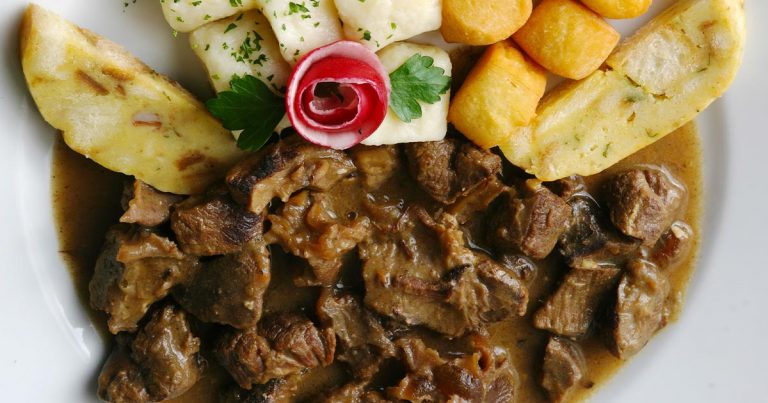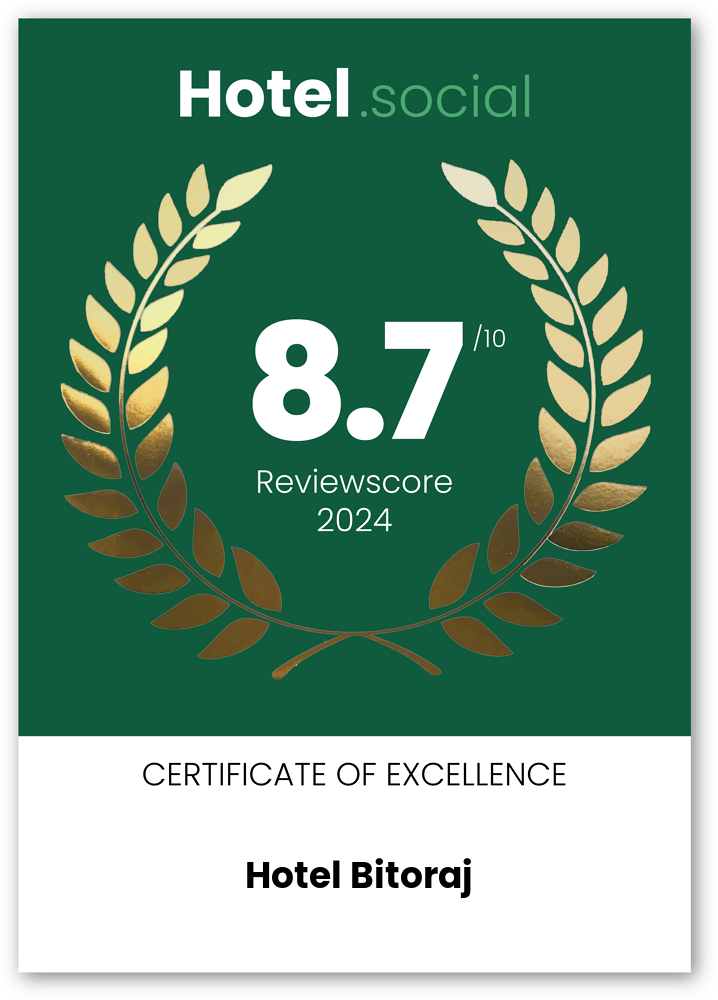The history of Fužine spans approximately four hundred years. The first mention of a place with such a name was recorded in 1648. However, this does not mean that there was no life in this region before that. Gorski Kotar has been a known area since ancient times. The ancient Romans referred to it as the “Devil’s Garden” due to its dense forests and harsh living conditions. This is precisely the reason for the relatively late appearance of settlements in this region. Although the Vinodol Codex, one of the most important historical-legal documents in Croatia from 1288, mentions shepherds and herders in the hinterlands of coastal cities and castles, they were mostly nomadic groups without a “permanent address.”
How Fužine’s History Began
Historical sources indicate that the first settlements in Gorski Kotar emerged during the 15th century. Among the historians who confirmed such information was Anton Rački. One of the most famous residents of Fužine, in his book “From the Past of the Municipality of Liča and Fužine” from 1946, emphasized that by 1481, settlements like Delnice, Lokve, Brod na Kupi, Moravice, Vrbovsko, and Lukovdol were already mentioned.
In the Fužine area, Lič was the first settlement. This small town was settled in three phases. The first time it happened was at the end of the 15th century, followed by another settlement phase during the 16th century. Finally, Lič truly came to life at the beginning of the 17th century.
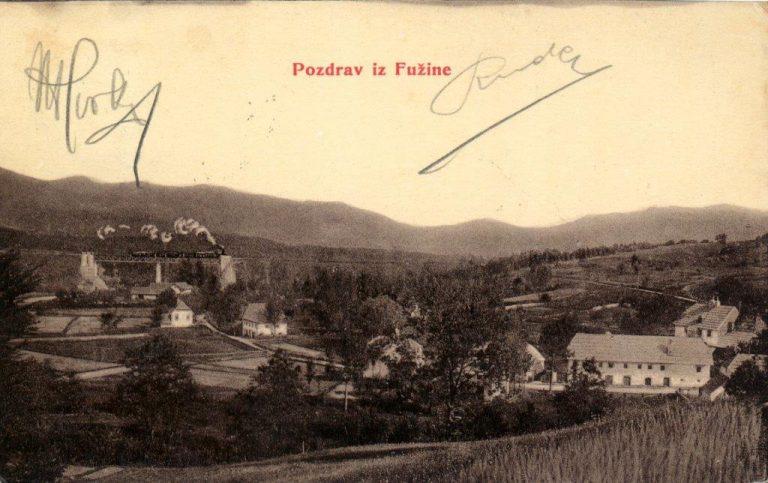
The rulers of coastal cities, noble families Frankopan and Zrinski, are responsible for the beginnings of Fužine’s history. Namely, the lords of the Kvarner regions ventured into Gorski Kotar with the intention of exploiting its natural resources, primarily timber, and later iron ore.
In her work within the comprehensive “History of Fužine,” another well-known resident of this place, Prof. Dr. Neda Andrić, born Kauzlarić, who is the only female mayor of Rijeka to date, writes, “The root of the word Fužine probably comes from Latin-Italian, and even German, terms for foundries or smithies. The Italian source of the word, ‘Fucina,’ means a forge. This is an expression that the Zrinski family, when they began metal processing in the area, certainly brought from Italy.”
Fužine’s history began as a “stopover” for many workers engaged in the Zrinski enterprise. The first residents were craftsmen, including carpenters, joiners, and carpenters, and of course, blacksmiths, in line with the name of the place.
The first mention of Fužine
The name Fužine was first mentioned in 1648 in a letter from the secretary of the Frankopan prince, who recorded his journey from Trsat through Fužine to Severin. It is clear from the letter that there was already the possibility of accommodation and meals in the Fužine region. A key moment in the development of the place occurred 60 years later when, on September 16, 1728, the Karolina road, a famous route connecting Karlovac and Rijeka, was opened to traffic, passing through Fužine.
Or, it is equally possible that Fužine “emerged” alongside the road. The need for its construction required workers who stayed to live in Gorski Kotar. In any case, the town developed along the road and grew thanks to it. At the beginning of the 18th century, Fužine counted 20 families. By the end of the same century, more than 300 inhabitants lived here.
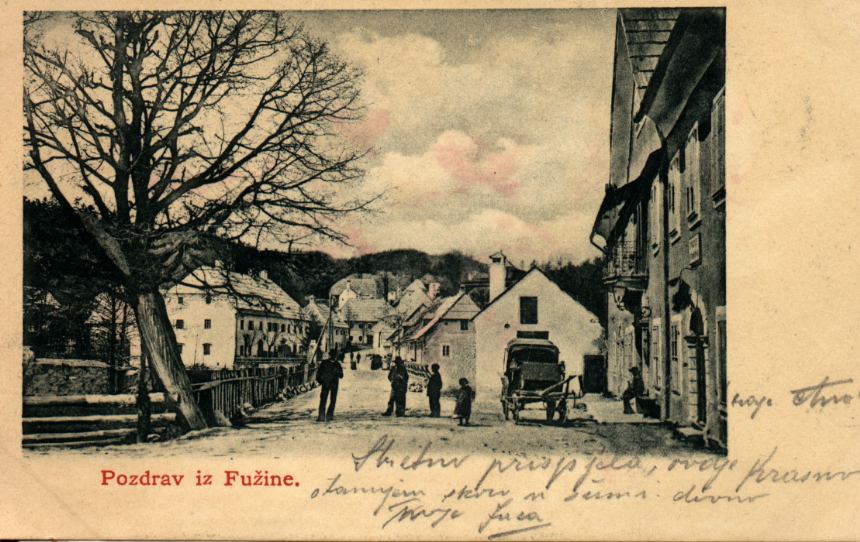
It can be said that Fužine has been focused from the beginning on what it is most famous for today – tourism and craftsmanship. Its excellent location allowed rapid development. Already in 1770, a post office was opened, and 15 years later, the first elementary school in Gorski Kotar was established. Large, spacious houses for trade and accommodation of travelers were built. Alongside craftsmanship and accommodation capacities, an increasing number of residents engaged in shipping and renting, or transportation. The significance of Fužine’s location was further confirmed by the construction of the Lujzijanska road during Napoleon’s rule over the coastal and mountainous regions, especially with the completion of the railway line from Rijeka to Karlovac in 1873.
“If things went well for the people of Fužine in the 19th century, it can be inferred from their efforts to build a new large church in 1833. This is one of the largest churches in Gorski Kotar. It is beautifully adorned with altars and contains valuable paintings. It is dedicated to St. Anthony,” emphasized Prof. Dr. Neda Andrić in her work.
The Historical Role of Hotel Bitoraj
The arrival of the train accelerated Fužine’s development. Already in 1874, the first organized tourist group of 230 people arrived in the town.
“This date could be accepted as the jubilee for the beginning of organized tourism. Later efforts of the people of Fužine confirm their interest in this form of livelihood. Therefore, they focus on the communal development and beautification of their place to make it what guests – excursionists – want and expect,” notes Fužinarka Andrić, a long-time professor at the Ika Hotel Management Faculty, whose family played a significant role in the development of tourism in this area.
Neda Andrić was born in Fužine in 1927. Her family opened the “Neda” guesthouse a few years later, located in the very center of the town. The building still serves the same purpose today. It houses Hotel and Restaurant Bitoraj, where the Kauzlarić family has been representing the best combination of Gorski Kotar cuisine and traditional Fužine hospitality for decades.
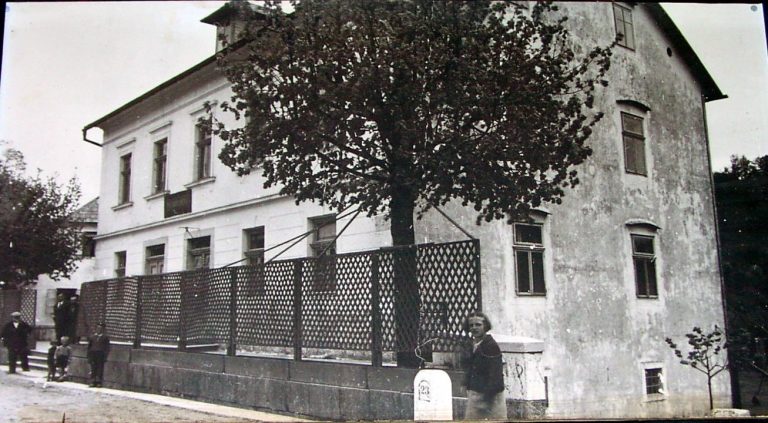
A long tradition of hospitality and numerous natural attractions make this place the most important tourist destination in Gorski Kotar today. Thus, the interesting history of Fužine has set a crucial signpost for its brilliant future!

